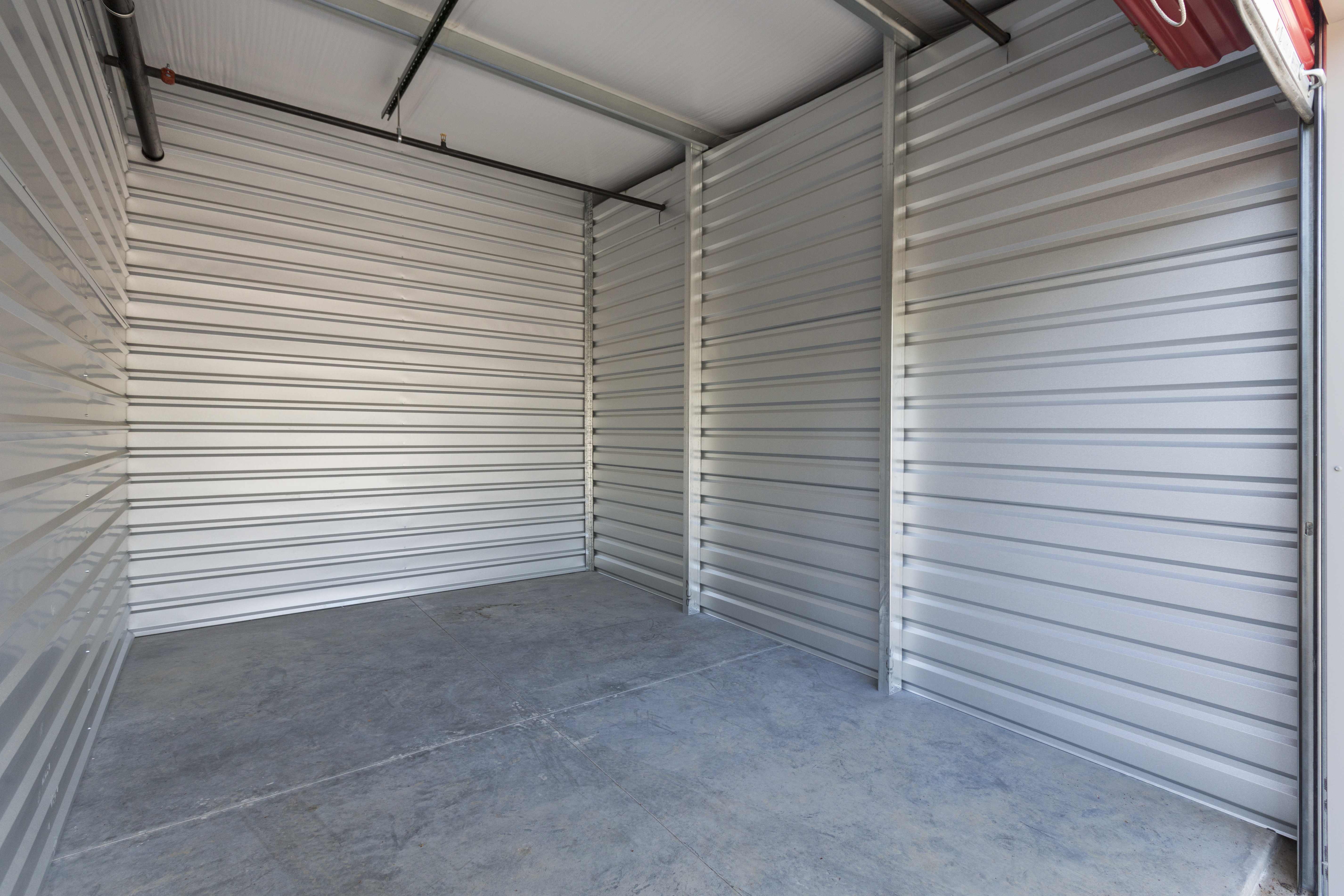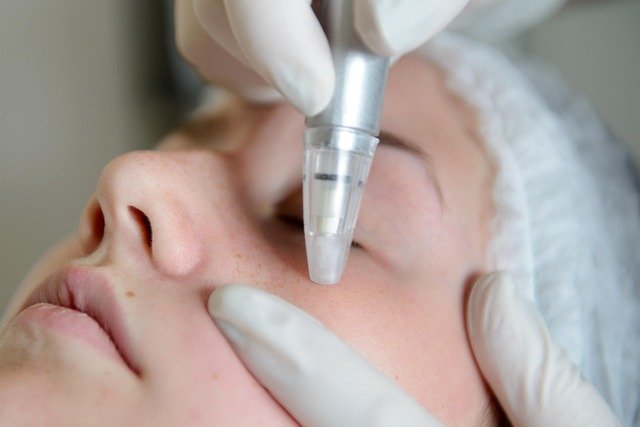The Ultimate Guide to Epoxy Floor Coatings: Types, Benefits, and Installation
Epoxy floor coating has revolutionized industrial and commercial flooring solutions, offering exceptional durability and aesthetic appeal. This comprehensive guide explores the various types of epoxy coatings, their applications, and essential factors to consider during installation. Whether you're considering an industrial-grade solution or exploring options for concrete floors, understanding the fundamentals of epoxy coatings is crucial for making an informed decision.

What Is Epoxy Floor Coating and How Does It Work?
Epoxy floor coating is a two-component system consisting of epoxy resin and a hardener. When mixed, these components create a chemical reaction that results in a rigid, plastic-like surface that bonds exceptionally well with properly prepared concrete surfaces. This creates a durable, long-lasting finish that protects the underlying concrete while providing an attractive, seamless appearance.
What Are the Different Types of Epoxy Floor Coatings?
Industrial grade epoxy floor coating represents the highest tier of epoxy systems, designed for heavy-duty applications. These coatings typically include:
-
Water-based epoxy coatings
-
Solvent-based epoxy coatings
-
100% solid epoxy coatings
-
Self-leveling epoxy coatings
Each type offers specific advantages depending on the application environment and requirements.
What Benefits Do Epoxy Coatings for Concrete Floors Offer?
Epoxy coatings provide numerous advantages for concrete floors:
-
Superior chemical and stain resistance
-
Exceptional durability and longevity
-
Easy maintenance and cleaning
-
Moisture resistance
-
Enhanced safety through slip-resistant additives
-
Improved light reflectivity
-
Customizable aesthetics with various colors and finishes
What Surface Preparation Is Required for Epoxy Installation?
Proper surface preparation is crucial for successful epoxy floor coating installation. The process typically involves:
-
Thorough cleaning and degreasing
-
Concrete surface profiling through grinding or shot blasting
-
Crack and joint repair
-
Moisture testing
-
Surface pH testing
The concrete must be completely cured and free of contaminants before application.
What Are Common Application Methods and Best Practices?
Professional application of epoxy coatings involves several key steps:
-
Environmental condition control (temperature and humidity)
-
Proper mixing of components
-
Even application using rollers or squeegees
-
Multiple coat applications when required
-
Adequate curing time between coats
Careful attention to these details ensures optimal performance and longevity.
What Are the Costs and Installation Options Available?
| Type of Epoxy Coating | Average Cost per sq ft | Installation Time |
|---|---|---|
| Water-Based | $3-$5 | 1-2 days |
| Solvent-Based | $4-$7 | 2-3 days |
| 100% Solid | $7-$12 | 3-4 days |
| Industrial Grade | $10-$15 | 3-5 days |
Prices, rates, or cost estimates mentioned in this article are based on the latest available information but may change over time. Independent research is advised before making financial decisions.
Professional installation is recommended for optimal results, though some water-based systems can be suitable for DIY applications. The total project cost depends on surface preparation requirements, coating type, area size, and local labor rates.
The investment in epoxy floor coating provides long-term value through durability, reduced maintenance costs, and enhanced workplace safety. When properly installed and maintained, these coatings can last 10-20 years, making them a cost-effective flooring solution for both industrial and commercial applications.




